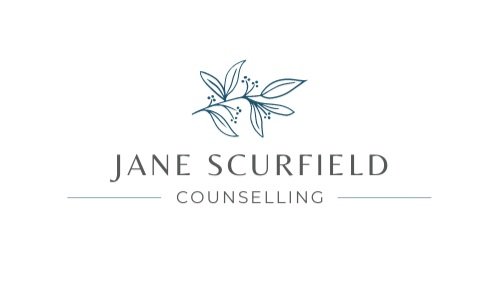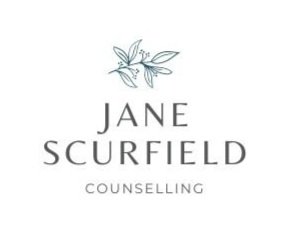First and foremost as a therapist, I consider authenticity and warmth to be vital components of a strong therapeutic relationship. Roughly eighty percent of the therapeutic relationship is the fit between you and me, and twenty percent is about the letters after my name. You need to feel comfortable to share, and to heal you need to share. You should leave therapy feeling heard and cared for, even as it gets difficult.
My goal is to work with you in an empathic, open, and trusting environment. The goal of psychotherapy is for me to guide you in uncovering patterns of thinking, behaving, and feeling that are no longer working for you, and empower you with skills to make these patterns more positive/ helpful to you.
I mainly work from an attachment perspective, meaning I try to connect your earliest experiences with caregivers to your ability to cope and form relationships now. This woven in with self compassion often leads to a much greater understanding of self, and a more contented life.
“Feelings are much like waves, we can't stop them from coming but we can choose which one to surf.”
― Jonatan Mårtensson
Couples
Therapy
I love love, and couples work is my heart work!
Nothing compares to the energy in the room when I am working with a couple. I am an eternal optimist when it comes to relationships. I think we are so driven to care for one another, but so many of us were not given a great map on how to do so.
When our romantic relationships are causing us to suffer, it affects every part of our lives. The ability to communicate an understanding for the other person, as well as respectfully assert our own needs, can be a delicate balance. Learning effective ways to have conversations and communicate with our partners is a crucial piece to effective relationship therapy. When our relationship is on track, everything else falls into place.
When I work with couples, I lean heavily on Stan Tatkin’s method (PACT), as well as the Gottman Method and Terry Real’s Relational Life Therapy.
I have experience working with same sex couples. All are welcome!
Sex
Therapy
I am currently working towards being a registered sex therapist with Bestco Ontario.
For now, I am sex-informed, having furthered my education with the Intensive Sex Therapy Course via the University of Guelph, in addition to extensive learning through literature about sex and sexual health.
I believe that everyone has a right to a satisfying intimate life, pleasure, and a healthy sexual relationship.
My goal is to create a supportive atmosphere that is sex positive and judgment free. I would love to see a future where sex is more openly discussed without shame or discomfort. Some common issues people address with me are desire discrepancy, erectile dysfunction and low desire.
I have experience working with same sex couples.
All are welcome!
Individual Therapy
If you have not tried therapy, run, don’t walk!
See it as an hour of self care and reflection, to feel cared for and heard. When I work with individuals, I am mostly helping with boundaries, navigating relationships, letting go/grief, and how to manage triggers.
Triggers are the reactions we have when our emotional buttons are pushed. We all have little (or big) injuries from childhood that are raw and make us reactive. We do therapy to gain insight into these reactions, and to understand more about why certain situations trigger certain feelings both in our minds and bodies. So many of us have patterns in the way we handle difficult situations. When we commit to therapy and inner work, we unhook the wires that connect the button from the automatic song and dance.
Moving forward this does not mean the buttons do not get pushed, but it means we start to notice, and possibly choose how we will react differently. How liberating!
Normally, with individual counselling, I would use the first one to two sessions to assess whether you would benefit from psychotherapy (traditional talk therapy) or therapy guided by Cognitive Behaviour Therapy techniques* or EMDR (Eye Movement Desensitization and Reprocessing)**. Often we end up weaving them all of these tools together.
Notes and Definitions:
Traditional Psychotherapy looks at patterns in behaviour, how your childhood affected you, and how you connect with others. Choosing technique and goals would always be done collaboratively.
Cognitive Behaviour Therapy is a structured method of therapy, which looks at how our thoughts affect our moods and behaviour. The goal of CBT is to modify negative or dysfunctional thoughts, which will in turn modify mood and then behaviour.
EMDR therapy is an effective treatment option for people suffering from anxiety, panic, PTSD, or trauma. It’s a way to get past your past.

Specialties
I help people set boundaries
I help people build their self esteem/self worth
I help people manage anxiety and depression
I help people manage grief and loss
I help people manage the effects of trauma
I help people transition to being parents
I help people through the postpartum period
I help people navigate relationships both romantic and with family/friends
I help couples to communicate better
I help couples keep arguments respectful and short
I help couples to learn to be a team
I help couples with intimacy issues
I help couples bring back lightness and fun in their relationship
I help couples with fertility issues
Fee
The fee per 60-minute session is $165.
Many benefits plans provide full or partial coverage for counselling. Check with your provider.





